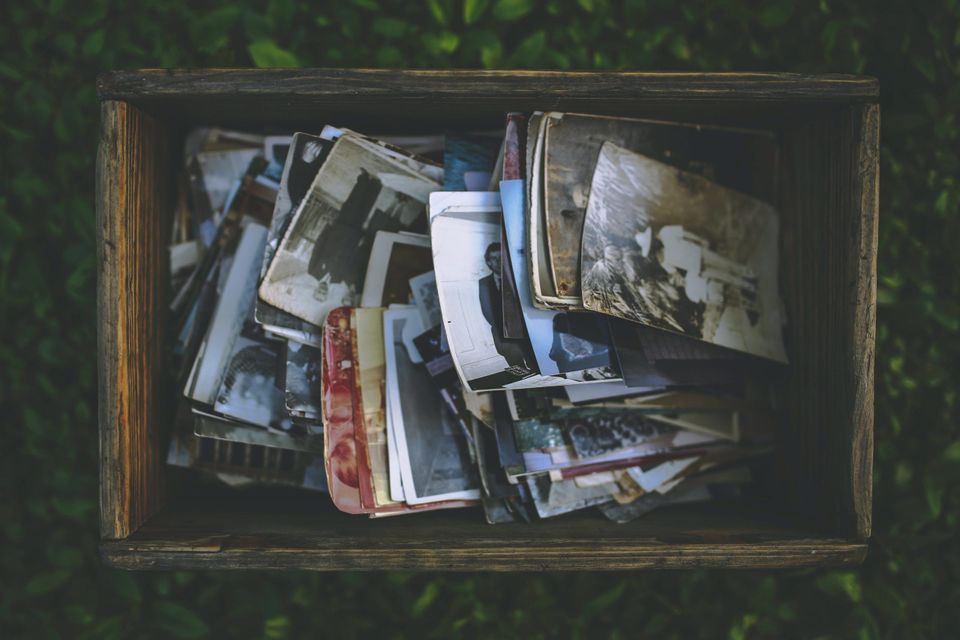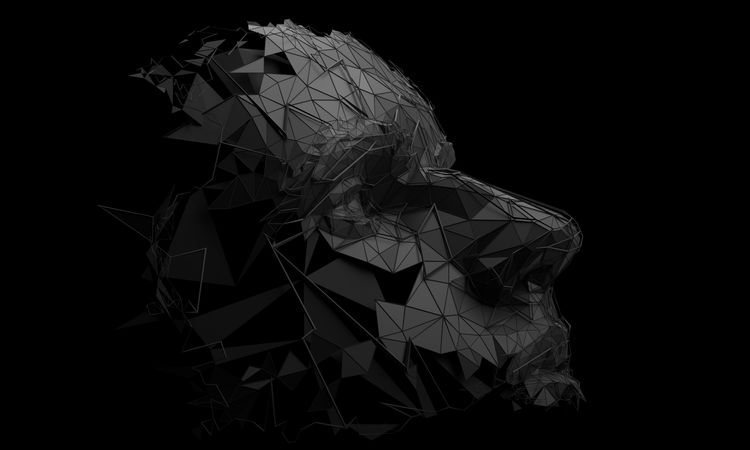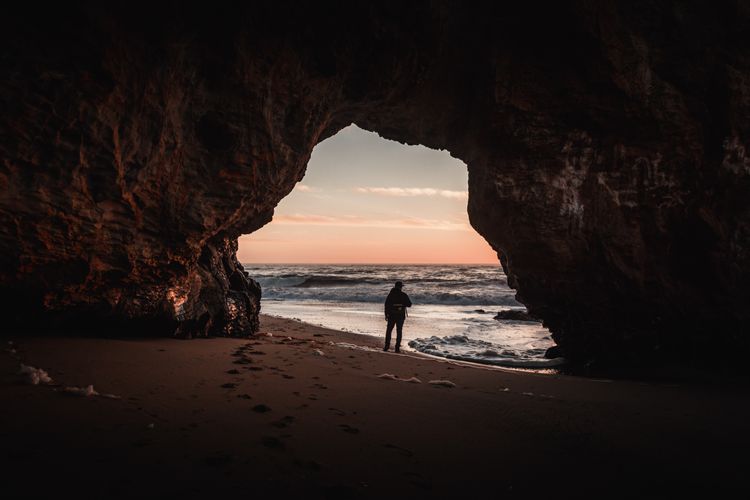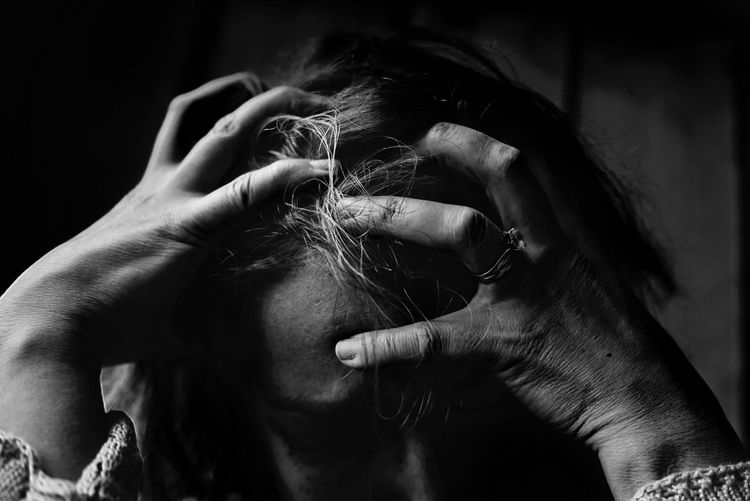Social Media Is a Bad Place to Leave Your Memories

Did you know they still make polaroid cameras? I had no idea. Apparently social media hasn't blotted them out yet.
I figured they had gone the way of the VCR. Why would you want a foggy polaroid shot of yourself when you could have a 4k image? I didn’t know the answer to that question, but I was fortunate enough to meet someone who gave polaroids their due.
We spent the day hanging out in a group, and it was a good day, so she wanted to remember it. She pulled me aside, we put on goofy smiles, and someone took our picture. The photo came sliding out already developed. We took two, one for each of us.
When she handed me mine, I realized something.
I was holding a memory in my hand. This image wasn’t for the gram, or the brand, or the feed. It was only for the people who shared it.
The moment we captured was made significant by its lack of publicity. It was imbued with meaning because it didn’t exist for anyone else. It was special.
The Social Media Version (Instagram)
Let’s imagine an alternate scenario.
Let’s say that instead of using a polaroid, she took her iPhone 12 Pro and shot a selfie of us.
She wanted to make a new Instagram post and share the day with her followers. We weren’t modeling, and it wasn’t professional photography. But she wanted to say to the world, “Look at all my friendship. Look at what I’ve been up to. It’s quite something, isn’t it? Tell me what you think.”
The picture gets posted, and having 1,300 followers, it doesn’t take long for her to get what she asked for. Her memory (our memory) is now at society’s mercy, and it’s become part of the collective data dump.
We’re anxiously waiting for that first sweet judgment to hit.
- 1st comment: 👏👏👏👏
- 2nd: Yaaasss, love seeing you guys.
- 3rd : 💯💯💯 🔥🔥
- 4th: You didn’t tell me you guys were hanging out…. wtf
Now she has to respond, and the comment thread starts to grow. I get involved. Nasty words are thrown around. The first paragraph gets written. How often do you see a paragraph-length comment on social media that’s been written out of kindness?
The barrage continues. Now there’s anxiety, guilt, and even tears. We don’t stop checking our phones for hours.
Suddenly, the fondness of our memory is starting to fade. Every like and comment, positive or not, is like someone rubbing their grubby finger on the time we had. This picture could have reminded us of that one good day, but now, it seems to be out of our hands.
The Social Media Version (Facebook)
Ok, now let’s say she chose to post on Facebook instead, a classic in the social media realm.
She posts our picture, and the waiting game begins again. Likes and comments start trickling in, and as usual, we’re eager to see them. But if you look around our post, you don’t have to go far to see the devastation. It’s like we just dropped off our kid in a bad neighborhood.
Above the post, you see a radicalized, out-of-touch rant from someone’s 61-year-old uncle. He doesn’t care for where this country’s going, and he wants you to know it. Below it, you see that someone you knew from high school, but didn’t actually know, got married.
It makes you doubt your progress in life. And below that is an advertisement for something you mentioned in passing to your friend that morning, and you’re disturbingly reminded that Zuck is always listening.
This street is never-ending. You can keep scrolling until the day you die, and Facebook wouldn’t stop you. As you move down the page, you feel a strange mix of engagement, anxiousness, and self-loathing.
And don’t forget about your poor memory. It’s doomed to wander among these shady characters until it’s crushed by the pressure of the posts above it, drowning in a sea of bullshit.
Social Media Is Not Your Friend
There is a growing sentiment among former tech leaders that social media is becoming a serious issue. They present our relationship with technology as an existential problem on par with climate change. Only now it’s not our environment that’s in danger, it’s the way we engage with the world, and with each other.
Tristan Harris is leading the charge with his documentary The Social Dilemma, which explores how algorithms, smartphone use, and news feeds affect our mental health.
To put it bluntly, social media depresses us, polarizes us, and may be driving children to suicide. When you consider how algorithms reward inflammatory content, how we’re in a perpetual state of comparison with other people, and how simple it is to fill any boring moment with something to check, these outcomes start to make sense.
Social media was intended to make connection easier, but instead, it’s become something that exploits our deepest insecurities and amplifies our weakest qualities. As social psychologist Jonathan Haidt puts it:
“The problem may not be connectivity itself but rather the way social media turns so much communication into a public performance.”
Gathering a following through expressing your moral outrage on social media is an effective way to boost your status, and have a power trip. In addition, having our identities on display incentivizes us to need to know what other people think about our lives.
Instead of our self-respect, it is our tendency to self compare that social media thrives on. As a result, we are more inclined to hustle our memories for likes than to appreciate them. Our experiences, once posted, become part of the judgment network, and it’s almost as if they cease to be ours.
It’s a system of approval and disapproval robbed of empathic face-to-face contact. And the kicker is, when we turn away from social media, we are left with a vague sense that there’s this grand thing we’re missing out on, and we need to jump back in as soon as possible.
We spend so much of our time preoccupied with other people’s business, and we’re not unaware of it. I’m not immune either. I still fall down plenty of rabbit holes. But considering how social media has utility for work and keeping in contact, I’m conflicted as to how we can reap the benefits while avoiding the drawbacks.
How many genuine moments are we missing? How much of ourselves are we degrading by making our lives available to the public? How many relationships are struggling because we can’t reconcile the talking points we adopted from our newsfeeds? Honestly, what are we doing?
Final Thoughts
The irony is not lost on me if you’re reading this on a phone. But here is what I like to remind myself: Every minute you spend posting and scrolling on social media is like fast-forwarding your life to your deathbed.
Moments will always trump distractions, connections will always trump likes, and memories will always trump posts. Everything that makes life worth living happens when you’re not looking at a phone.
So if you’re lucky enough to live to old age and you want to walk down memory lane, instead of having to sift through the miserable opinions of people you knew in high school, maybe you’ll find a way to keep your memories separate. They deserve better, and so do you.
You know what? I might just buy a polaroid.



